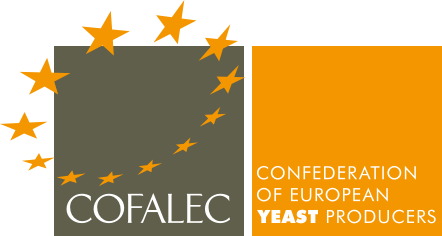🌍 The world population is projected to approach 10 billion by 2050, intensifying pressure on our natural resources and challenging current dietary trends.
One alarming estimate: maintaining today’s meat-intensive diets could require converting over 1.3 billion additional hectares of land to agriculture. This would be a huge strain on ecosystems and biodiversity.
🚀 Alternative proteins offer part of the solution, providing a more sustainable approach to feeding the planet. These innovations use significantly less land and resources and emit fewer greenhouse gases. Among the exciting technologies leading the way is yeast-based precision fermentation, which holds transformative potential.
🎤 At the discussion, “Alternative proteins at the crossroads: future prospects at the heart of food innovation”, held on 22nd October at SIAL Paris, experts from Bel, Roquette, Agronutris, Bon Vivant, Business France, Ferments du Futur, and ANIA (Association Nationale des Industries Alimentaires) came together to explore the future of food.
Key topics included:
✅ Developing milk proteins through precision fermentation.
✅ Exploring insect proteins for sustainable nutrition.
✅ Unlocking nutrients from crops like pea and wheat via advanced extraction methods.
🌱 While innovation is thriving in Europe, challenges remain:
1. Regulatory issues – Novel Foods authorisations in the EU take up to 6 years, compared to just 2 years in the US.
2. Scaling up production – Increasing funds would accelerate industrial-scale development
3. Consumer awareness – Educating and engaging people about the health and environmental benefits of these foods is key to drive behaviour change.
💡 The path forward calls for collaboration across sectors to bring these solutions to market faster and reshape consumer habits for a sustainable future.
🔗 Let’s keep the conversation going: how can we accelerate the adoption of alternative proteins?
